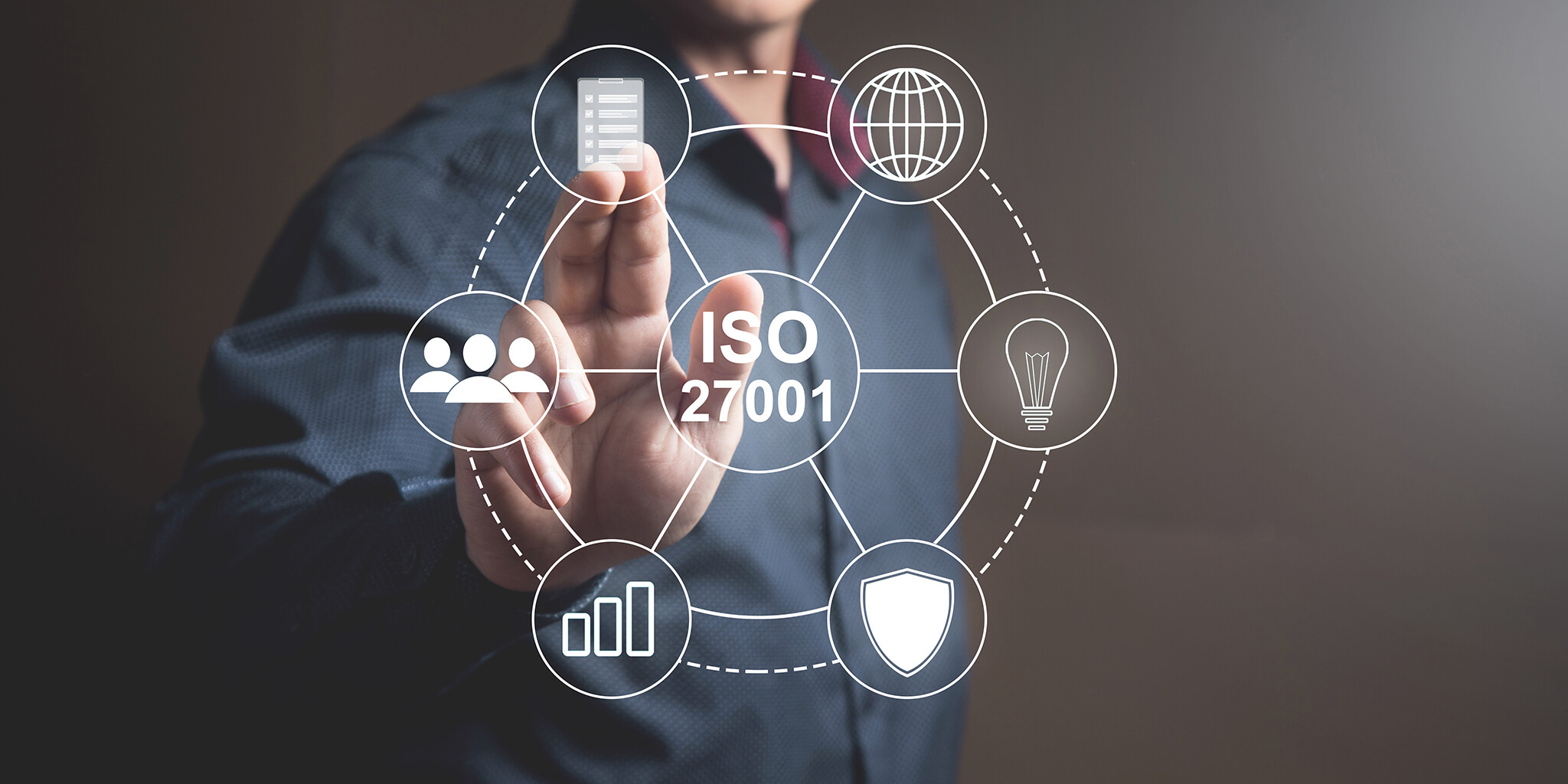Introduction
ISO 27001 is an international standard for information security management. It provides a framework for organisations to manage their information security practices. In today’s digital age, protecting data is crucial. ISO 27001 helps businesses establish, implement, maintain, and continually improve an Information Security Management System (ISMS).
What is ISO 27001?
ISO 27001 is more than just a set of rules; it’s a holistic approach to managing information security risks. It includes people, processes, and IT systems by applying a risk management process. Think of it as a blueprint for protecting your confidential information, whether it’s customer data, financial records, or intellectual property. The standard covers everything from risk assessment and treatment to incident management and business continuity.
The Benefits of ISO 27001 Certification
Obtaining certification offers numerous advantages for your business:
– Enhanced Security: By systematically identifying and addressing vulnerabilities, you’ll significantly strengthen your defences against cyber attacks.
– Increased Customer Trust: Certification demonstrates your commitment to protecting their data, giving them confidence in your services.
– Competitive Advantage: Many organisations prefer working with certified partners, giving you an edge in the market.
– Improved Risk Management: Certification helps you identify and manage risks proactively, reducing the likelihood of costly incidents.
– Regulatory Compliance: The standard aligns with various legal and regulatory requirements, making compliance easier.
Key Components
Risk Assessment
Risk assessment is the first step in implementing ISO 27001. Identify potential risks to your information assets. Analyse the impact and likelihood of these risks. This process helps prioritise actions to mitigate risks.
Security Controls
ISO 27001 outlines 114 controls in Annex A. These controls address various aspects of information security. Examples include access control, cryptography, and physical security.
Policy Development
Develop clear policies to guide your information security practices. Policies should cover data handling, user access, and incident response.
Continual Improvement
ISO 27001 promotes continual improvement. Regular audits and reviews help identify areas for enhancement. Update your ISMS to address new threats and vulnerabilities.
Steps to Achieve ISO 27001 Certification
While the certification process may seem daunting, it’s achievable with the right approach. Here’s a simplified roadmap:
- Gap Analysis: Assess your current security posture against the requirements of certification.
- Develop Your ISMS: Create policies, procedures, and controls to address any gaps identified.
- Implementation: Put your ISMS into action and train your staff.
- Internal Audit: Evaluate the effectiveness of your ISMS and identify areas for improvement.
- Certification Audit: Have an accredited certification body assess your ISMS against the standard and achieve ISO 27001 Certification upon passing the audit.
Implementation Challenges
Implementing ISO 27001 can be challenging. It requires time, resources, and commitment. Common challenges include:
- Resource Allocation: Ensuring you have the right resources for implementation.
- Employee Training: Training staff on new policies and procedures.
- Continuous Monitoring: Regularly monitoring and reviewing the ISMS.
Conclusion
ISO 27001 is a valuable investment for any organisation serious about protecting its information assets. It’s not just about ticking boxes; it’s about creating a culture of security that permeates every aspect of your business. By embracing this standard, you’ll not only safeguard your data but also enhance your reputation and resilience in the face of ever-evolving threats.
Remember, ISO 27001 is an ongoing journey, not a destination. By continually reviewing and improving your ISMS, you’ll stay ahead of the curve and ensure your business remains secure in the digital age.
Vertex Cyber Security are an accredited ISO 27001 certification body. Contact our team of experts today for help with all your ISO 27001 needs.
For further cyber security insights click here.

